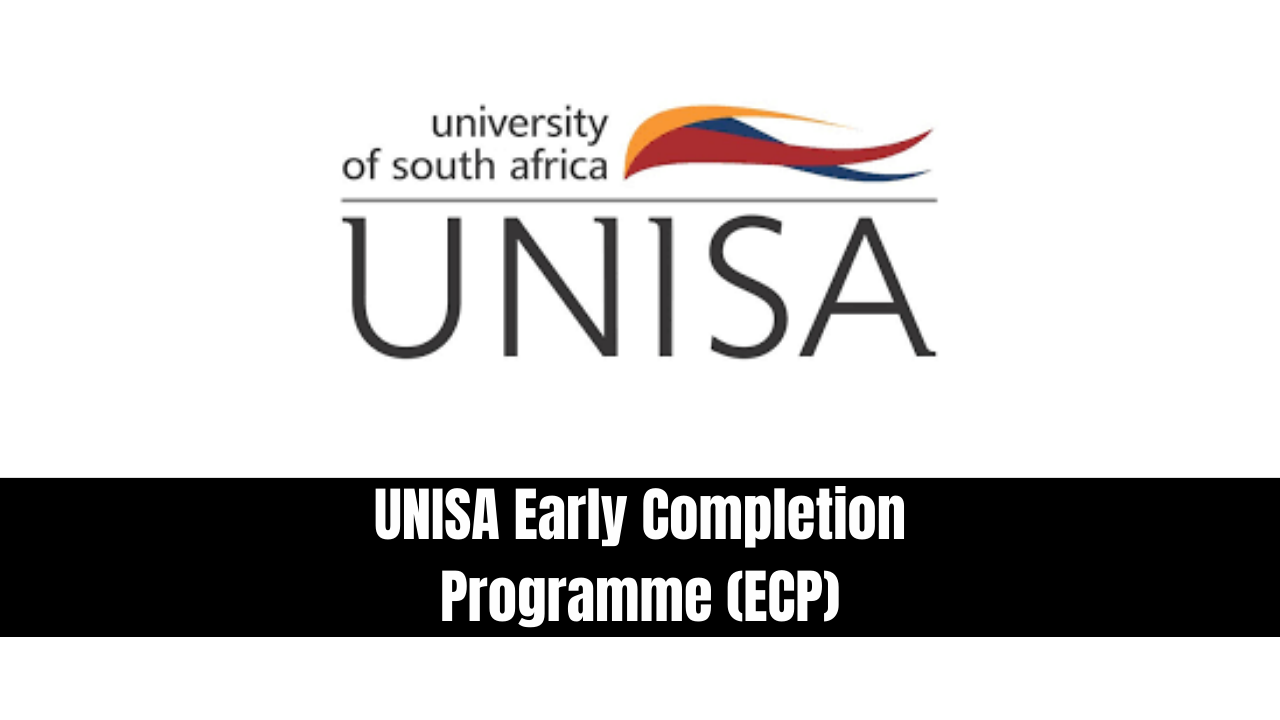Are UNISA Exams Written Online? In the ever-evolving landscape of education, particularly in the realm of distance learning, the University of South Africa (UNISA) has taken significant strides towards modernizing its examination process. As a finance expert analyzing the impact of technology on education costs and efficiency, it’s noteworthy to discuss how UNISA has streamlined its assessment procedures through an online platform. This move not only reflects the shifting paradigms in educational delivery but also underscores the institution’s commitment to providing accessible and flexible learning options.
Are UNISA Exams Written Online?
UNISA has fully transitioned to an online examination system, a leap towards embracing digital education. This system is designed to facilitate a seamless assessment process for students enrolled in various programs. The key feature of this system is the single-submission format, particularly for multiple-choice questions (MCQs) and quizzes. Unlike traditional examination settings where students might have a chance to revise and resubmit their answers during the test, UNISA’s approach underscores a one-attempt policy.
Single Submission: Strategic Implications
The policy of one submission per MCQ/Quiz examination at UNISA is pivotal in understanding the institution’s educational strategy. This method not only streamlines the grading process but also significantly reduces the administrative overhead associated with multiple submissions. From a financial perspective, limiting students to a single submission can decrease the need for extensive resources in monitoring and regrading, thereby optimizing operational costs. It encourages a higher degree of integrity and preparation among students, as they are aware that they have only one opportunity to perform.
The Benefits of Online Examinations
Transitioning to online examinations offers numerous advantages:
- Cost Efficiency: Online exams reduce the need for physical venues, invigilators, and printed materials. This can lead to substantial cost savings for the university, which in turn can be redirected towards enhancing other academic services and resources.
- Accessibility: Students from across the globe can complete their examinations without the need to travel, making education more accessible to international students and those residing in remote areas.
- Flexibility: The nature of online tests allows for scheduling flexibility, making it easier for students to balance their academic commitments with personal and professional responsibilities.
- Quick Feedback: Digital assessments enable faster marking and feedback, crucial for courses that require sequential learning where understanding material from previous assessments is vital.
Implications for Students and Educators
For students, the shift to an online examination system requires adaptation to a disciplined study regimen and a good understanding of the digital platform. They need to be technologically equipped to navigate the examination software, which is a crucial skill in today’s digital-first world.
Educators, on the other hand, are tasked with creating more robust and clear assessment criteria to ensure that the one-submission rule does not disadvantage students. They must also provide comprehensive study resources that can prepare students adequately for what may be their only chance to succeed in the exam.
READ ALSO
- Unisa Online Application 2025-2026
- UNISA Application Status Check
- 1 Year Diploma Courses at UNISA
- UNISA Application Fee Banking Details
Conclusion
UNISA’s adoption of an online examination system is a testament to its forward-thinking approach in adapting to technological advancements in education. This system not only enhances operational efficiency and reduces costs but also aligns with global educational trends emphasizing accessibility and flexibility. As the system continues to evolve, it will be interesting to monitor how these changes impact student performance and institutional reputation in the long term.






